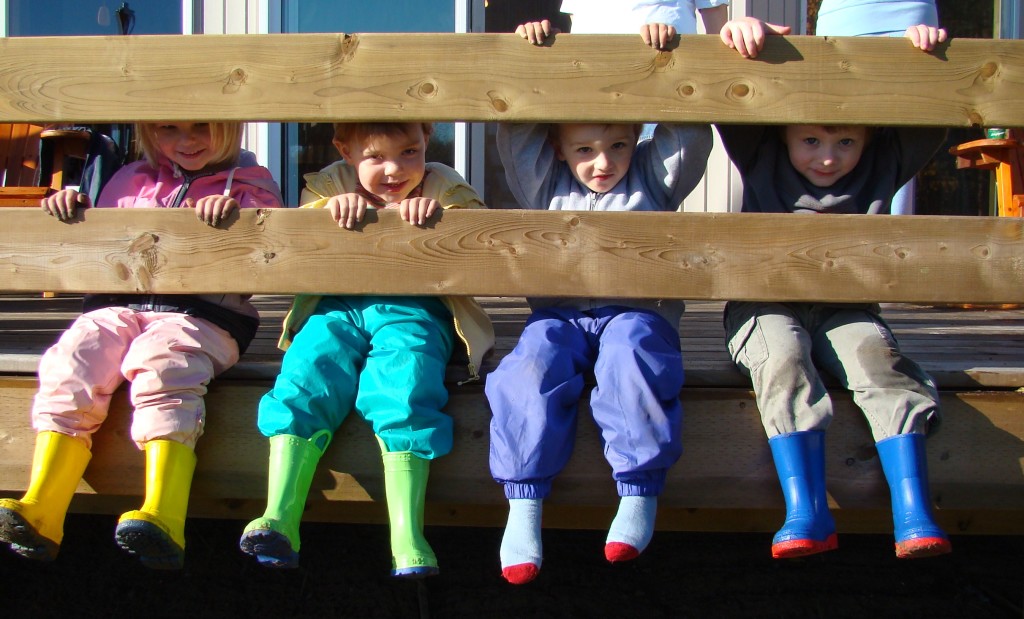

Life Lessons Your Child Learns Through Imaginative Play
What is the best way to show your child what the world is made of?
As parents, we understand the need for our children to discover the wonders of the world from an early age.
But as adults, we find it difficult to explain to a 2 year-old how money works or why seasons change or why a country is different from a city.
And then, there is the number one challenge that will bring most of us – mums and dads alike – on the verge of tears and desperation:
Outlive the “Why?” Age.
Should the “Why?” age catch you off-guard, you’ll have a very hard time surviving it. So you need to be uber-prepared for it.
There is one sure technique which allows your child not only to learn how the world works, but also have fun doing it. Keep in mind that children LOVE to play. They absolutely love it. No doubt about it. And this is a big advantage for you! Teaching through play is a great way of keeping children interested.
Imaginative Play
Let’s see how imaginative play can improve children’s learning abilities (of course, each playing session must be adapted to your child’s age and knowledge base)…
-
Imaginative Play For Pre-schoolers
As soon as your child turns 3 or 4 years old there is no limit to the amount of fun you two can have.
You can teach them the names of colours, plants, types of food, animals, the code of good manners and what not. You are only confined by your imagination.
Here is a short list of some of the games you can play with your children and the knowledge they will gain as a result. I’m sure you can come up with plenty more.
-
Baker’s shop – a perfect way to teach food categories, customer service skills, plus an extra lesson about entrepreneurship. They’ll learn how to work with money and how to interact with other people. You can then have them apply everything in real life. Take turns between being the baker and the customer so they can see both sides of the fence.
-
Having a tea party – this is a great game especially for girls. It prepares pre-schoolers for when they’ll go to school by introducing them to the basics of the code of good manners and how to socialise, even if it’s with their dolls.
-
Imaginative Play For Primary School age kids
Primary school is when things really get interesting. Your child is now able to understand abstract terms and he/she can now solve more difficult problems.
At this stage you can continue playing the above-mentioned games at higher standards… or you can play entirely different games:
-
Schools – What kid doesn’t enjoy being a teacher for the day? This helps kids to learn about authority and leadership
-
Building – With a bit of imagination you can make almost anything out of cardboard boxes. It will teach the child about the sophisticated construction laws, which they’ll easily learn by having fun.
-
Theatre, dance, music concert – organize a concert with your kid. Let them choose the role they want to play. You can teach them the musical instruments, a dance or even a song and have them play it in front of the whole family. This helps to build confidence and showmanship (without the arrogance)
There are hundreds of different games you can play. Imaginative play is a great way to show your child how the world works, teach your children about cooperation, sharing, manners and respect, and it also develops his/her imagination and encourages logical thinking.
Are you using imaginative play with your children? What other games are you playing?
Rachel Quinlan is the owner of Baby Vegas an online store specializing in children’s toys and collectible goods with, a focus on educational toys. As a mother she understands the pressures of parenthood and the importance of bringing up our children to the best of our ability. You can also follow the Facebook page for regular updates.


